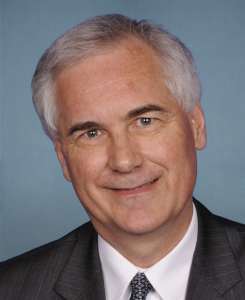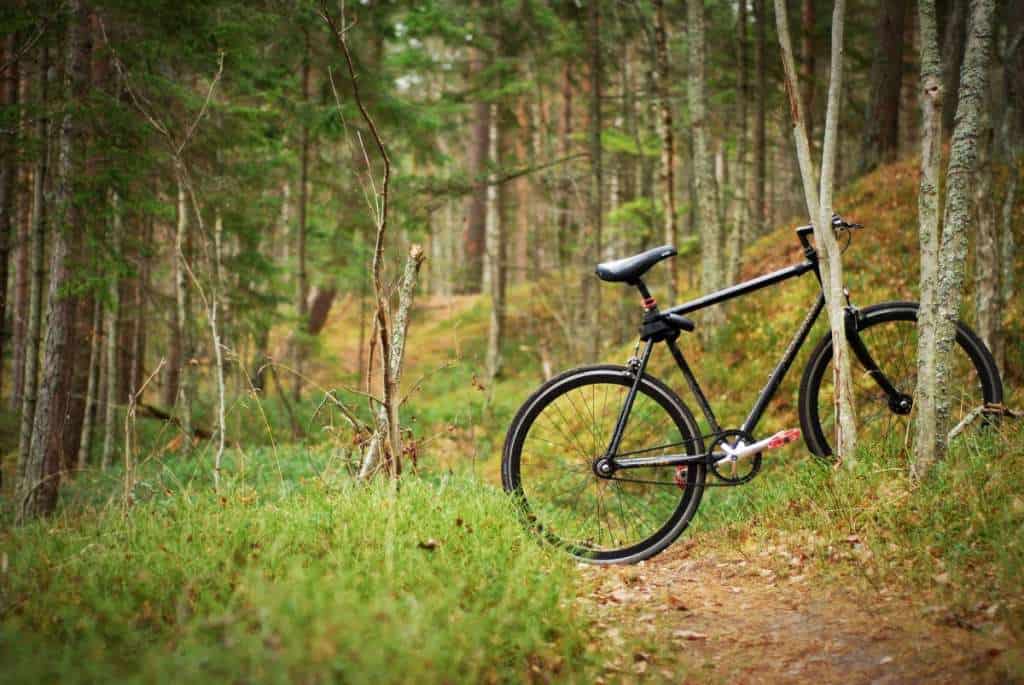A House of Representatives subcommittee heard testimony Thursday on legislation that seeks to allow bikes in designated wilderness areas. While the Boundary Waters Canoe Area Wilderness favors water travel for obvious reasons, there are 192 miles of hiking trails that could be affected, as well as on nearby Isle Royale.

The Federal Lands subcommittee’s chairman Rep. Tom McClintock (R-CA) is sponsoring the proposal (H.R. 1349). He claims the Act was never intended to ban bikes.
“H.R. 1349 would restore the original intent of the Wilderness Act to allow bicycles in wilderness areas,” McClintock said in his testimony. “People who enjoy mountain biking have just as much right to use the public trails as those who enjoy hiking or riding, and our wilderness areas were never intended by Congress to prohibit mountain bikes.”
Wilderness advocates disagree, saying it opens the door to inappropriate use.
“Like other sanctuaries, Wilderness must be treated with humility and restraint. Part of that humility and restraint lies in how we approach and travel through Wilderness. Mountain bikes and other machines are no more appropriate in Wilderness than they might be in other sanctuaries like Washington National Cathedral,” Kevin Proescholdt, Minnesota-based conservation director of Wilderness Watch and a longtime BWCAW advocate wrote last year.
Advocating for two-wheeled access
The bill is supported by a California-based organization called the Sustainable Trails Coalition. Executive director Ted Stroll had strong words for any critics.
“[The predictable opposition to H.R. 1349] will come from the Wilderness industry, an enterprise comprising people with strong ideological opposition to human activity in public lands, commercial pack outfitters, and organizations that raise money by scaring people that Congress will abolish Wilderness or dilute it of all recognition,” Stroll said.
The organization says any human-powered travel was allowed in designated wilderness areas until 1978. For a short time after that, federal agencies allowed local managers to decide whether to ban or allow bikes. In 1984, a nationwide ban on bikes in wilderness was established.
The organization points out that the bill wouldn’t open all wilderness areas to bikes, but creates a process to consider the possibility on a case-by-case basis.
Some cyclists join opposition
The International Mountain Biking Association (IMBA), which has 35,000 members and has previously supported allowing bikes in wilderness, surprised many when it opposed the legislation.
“Mountain bikers and the recreation community depend on public lands and thoughtful conservation. Public lands are being threatened at an unprecedented level right now, and it’s imperative that public land users come together to protect these cherished places and offer our voices in this critical dialogue,” said Dave Wiens, IMBA Executive Director.
More than 130 organizations have signed on to a letter opposing the legislation. Wilderness advocates oppose the bill as a dangerous degradation of the Wilderness Act and allowing the type of activity not intended for America’s most protected lands.
Partnering to protect public land
The Wilderness Society pointed to new, successful efforts to work with mountain bikers and other outdoor enthusiasts to carefully craft land protection strategies that allow mechanical transportation in appropriate areas, and still protect designated wilderness.
“Efforts like the Hermosa Creek Watershed Protection Act in Colorado and the Blackfoot Clearwater Stewardship Act in Montana have been widely celebrated and serve as models for building successful partnerships between stakeholders and land managers,” the Wilderness Society said.
The Blackfoot Clearwater Stewardship Act was the result of a collaborative process in which an special Recreation Management Area preserves popular mountain biking areas while also adding 80,000 acres to nearby wilderness areas.
The subcommittee did not vote on the legislation, but may do so at a later date. The bill does not have a companion in the Senate yet, but Sens. Mike Lee (R-UT) and Orrin Hatch (R-UT) introduced similar legislation in 2016.


